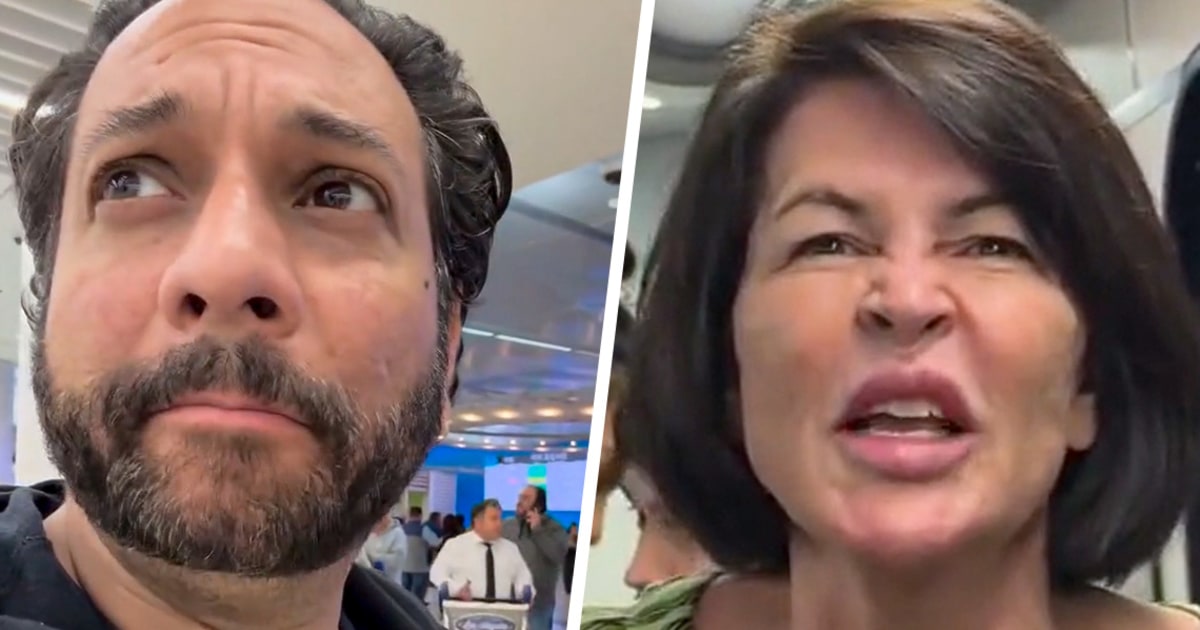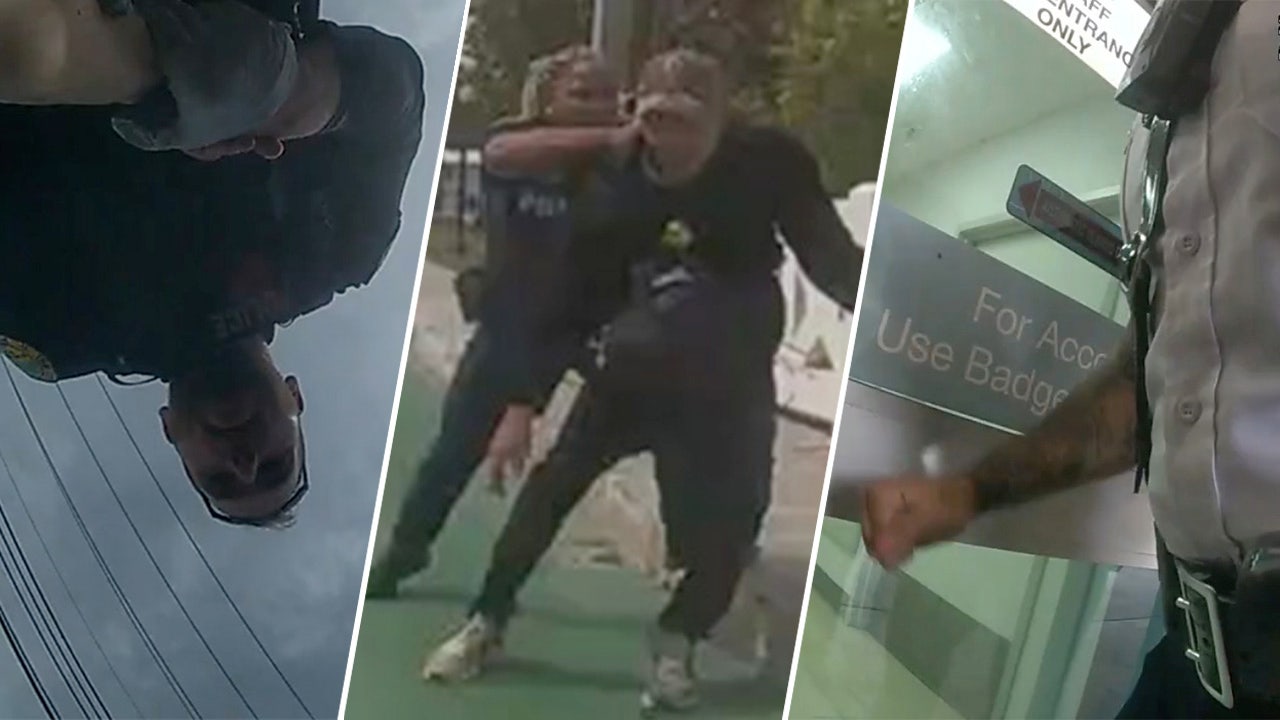Racism continues to be a pervasive issue within many aspects of modern life, including the aviation industry. In a troubling incident that has sparked widespread outrage and discussion, an Indian American family aboard a United Airlines shuttle bus was subjected to a racist tirade. This unsettling event has not only raised serious concerns about passenger safety and airline accountability but also reignited broader conversations surrounding race relations, specifically within the travel and hospitality sectors. This article delves into the details of the incident, its impact on the family involved, and the greater implications for the aviation industry.
Details of the United Airlines Incident
On a routine flight, an Indian American family was traveling aboard a United Airlines shuttle bus at an airport. During their journey, they were subjected to a verbal attack from another passenger, who launched into a racially charged rant. The situation quickly escalated, with the offending passenger making derogatory remarks aimed at the family based on their ethnic background. Disturbingly, the shuttle bus crew did not intervene immediately, and it was only after the family made their complaints known that the airline took any action. The incident was documented by the family, with video footage that has since gone viral on social media, drawing widespread condemnation from individuals, community groups, and organizations.
The Incident’s Immediate Impact on the Family
The emotional toll of such an experience is immeasurable. The Indian American family, who were reportedly traveling with young children, was left shaken by the encounter. Instances of racial harassment, particularly during travel, can deeply affect an individual’s sense of safety and well-being. In this case, the lack of immediate action from United Airlines’ staff exacerbated the trauma, leading the family to question the airline’s commitment to protecting passengers from such hostile behavior.
The Role of the Airline in Addressing Racism
The handling of this incident by United Airlines has raised important questions about how airlines address racial harassment. While airlines have made strides in implementing diversity and inclusion policies, many critics argue that the airline industry still lacks sufficient protocols to deal with incidents of racism in real time. Passengers often find themselves in situations where their complaints are not taken seriously or are dismissed altogether, as was evident in this case. The need for more comprehensive training for staff on handling such situations is evident, as is the need for airlines to create an environment where all passengers feel equally protected and valued.
- Immediate action and intervention by flight attendants and ground staff during incidents of racial harassment can help prevent escalation.
- Clear anti-racism policies and robust reporting mechanisms should be standard practice for all airlines to ensure swift resolution of such matters.
- Public accountability on the part of airlines is essential to rebuild trust with affected passengers and the public.
The Wider Impact of Racism in Travel
This incident is not an isolated case but rather a reflection of broader systemic issues of racism that exist in the travel and hospitality industries. People of color often report feeling marginalized or discriminated against during travel, whether on flights, at airports, or in hotels. In fact, a 2021 survey by the American Society of Travel Advisors revealed that a significant percentage of travelers of color have experienced some form of racial discrimination while on vacation or traveling for business.
These experiences can range from overt acts of hostility to subtle microaggressions, all of which create a stressful and unwelcoming atmosphere for affected individuals. Airlines and travel agencies, in particular, have been called upon to do more than just acknowledge racial bias; they must actively work to eliminate it within their structures.
How Other Airlines Are Responding
In light of incidents such as the United Airlines episode, some airlines have made more concerted efforts to implement inclusive policies and anti-racism training. For example, Delta Air Lines has been praised for its diversity and inclusion initiatives, including training employees to handle difficult situations with a focus on cultural competency and conflict resolution. Similarly, American Airlines has worked to establish clearer protocols for dealing with instances of harassment, including the provision of resources for passengers who feel they have been targeted due to their race, ethnicity, or religion.
However, the airline industry as a whole is still in the process of addressing these issues comprehensively. While some steps have been taken, there is still much work to be done to ensure that passengers from all backgrounds feel safe and respected.
The Broader Discussion: Race and Travel in America
The United Airlines incident has sparked a renewed conversation about race and its intersection with travel, particularly in the United States. Racial tensions and disparities in how people of different backgrounds are treated are not new issues, but travel amplifies the visibility of such problems. The idea of a “safe space” while traveling is crucial, but for many people of color, these spaces often feel far out of reach. When traveling, individuals should not have to worry about being targeted for harassment based on their race, religion, or nationality.
Beyond the confines of the aviation industry, this incident also sheds light on larger societal issues. It reminds us that racial prejudice continues to manifest in different forms across all sectors. Travel, which should be an experience of broadening one’s horizons and connecting with diverse cultures, often becomes a minefield of bias and discrimination.
Legal and Ethical Implications
There are also significant legal implications surrounding racial harassment in travel. Passengers who experience harassment or discrimination may choose to pursue legal action against the airline. In some cases, airlines may face lawsuits for failing to address such incidents appropriately. Ethically, the question is whether companies like United Airlines have a moral duty to ensure that their passengers are protected from racial discrimination and that swift action is taken when such incidents occur.
Moving Forward: What Needs to Change?
In the wake of this disturbing incident, several key changes are necessary within the airline industry to prevent future occurrences and address the broader issue of racial discrimination in travel:
- Implementation of stronger anti-racism policies: Airlines must prioritize the development of clear, actionable anti-racism policies that are communicated to both staff and passengers.
- Training for airline staff: Comprehensive training in conflict resolution, cultural sensitivity, and emergency protocols can prepare staff to manage incidents effectively.
- Accountability for inaction: Airlines should establish strict guidelines for handling complaints and hold staff accountable for not intervening in situations of harassment.
- Support for affected passengers: Airlines need to offer tangible support to passengers who experience racial discrimination, including emotional support, reimbursement for any damages, and assistance with reporting incidents.
Conclusion: A Call for Greater Accountability
The United Airlines incident serves as a stark reminder of the ongoing issues surrounding racial discrimination in the travel industry. The ultimate responsibility lies with airlines to provide a safe and respectful environment for all passengers, regardless of their background. Until comprehensive changes are made to address these issues, passengers—particularly those from marginalized communities—will continue to feel unsafe and unsupported. Moving forward, it is essential that both the airline industry and society as a whole actively work to eliminate the root causes of racial bias, ensuring that all travelers can experience the joy of travel without fear of discrimination.
For more information on how airlines are addressing discrimination, visit Airlines for America. To report racial discrimination or harassment during your travels, refer to the Equal Employment Opportunity Commission.
See more Update My News



